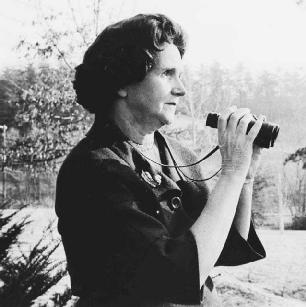Getting Started
Begin your research by brainstorming keywords - the words and phrases you’ll use to search for books, articles, websites, government documents, and other resources. These may include names of people and places or historical concepts like eras and movements. A librarian can suggest “subject headings” to find the most relevant resources.
Example Keywords & Catalog Subject Headings
Database/Online Resources
Library databases are online collections of information, organized for research. Databases contain articles, eBooks, images, maps, primary sources and more. If you don’t have a library card, register online for immediate access to these resources.The following recommended databases are available on our Research and Teen Social Studies pages.
U.S. History (Gale)
Provides a complete overview of our nation’s past that covers the most-studied events, decades, conflicts, wars, political and cultural movements, and people from reference sources, full-text magazines, academic journals, news articles, primary source documents, images, videos, audio files and links to vetted web sites.
Explora High School (Ebsco)
Look up topic overviews, magazine and academic journal articles, facts and primary sources for research papers, class projects or homework. Get information from trustworthy sources that you can cite in your papers. Designed with students and educators in mind.
Prospector: Materials from Other Colorado and Wyoming Libraries
As a Denver Public Library customer, you can also borrow materials from other libraries in Colorado and Wyoming. Use Prospector to request materials that DPL does not own.
Internet Sources
Before using information you find on the internet for assignments and research, it is important to establish that the information comes from a reliable and appropriate source. The following websites, from government, academic and nonprofit organizations, have been evaluated for authority, accuracy, content and currency.
Excerpt from DDT, A Review of Scientific and Economic Aspects of the Decision To Ban Its Use as a Pesticide, prepared for the Committee on Appropriations of the U.S. House of Representatives by EPA, July 1975, EPA-540/1-75-022
Contact the Reference Services department for help with your research project
- Phone us, 720-865-1363
- Chat with us online with the Ask Us! Service
- Meet with us in person or online to work one-on-one with a librarian
